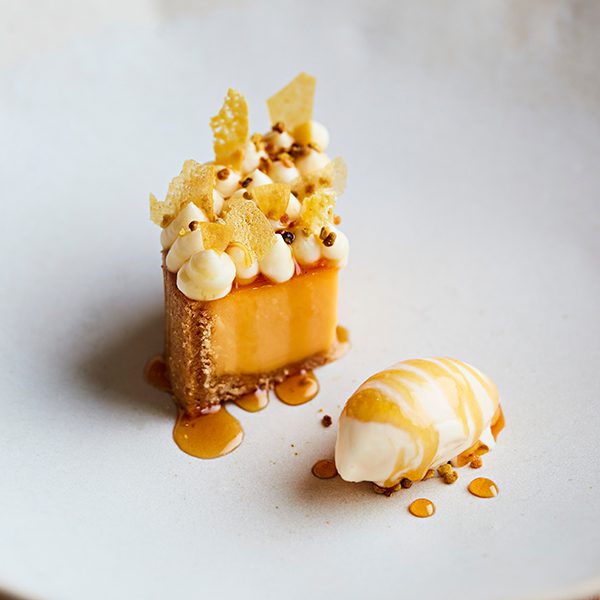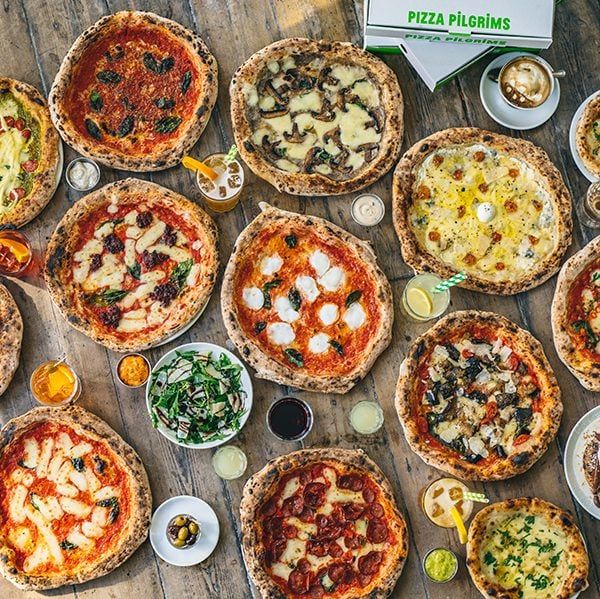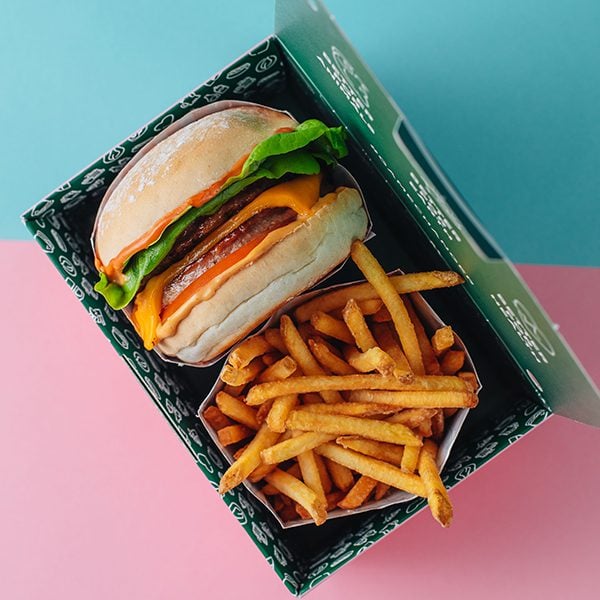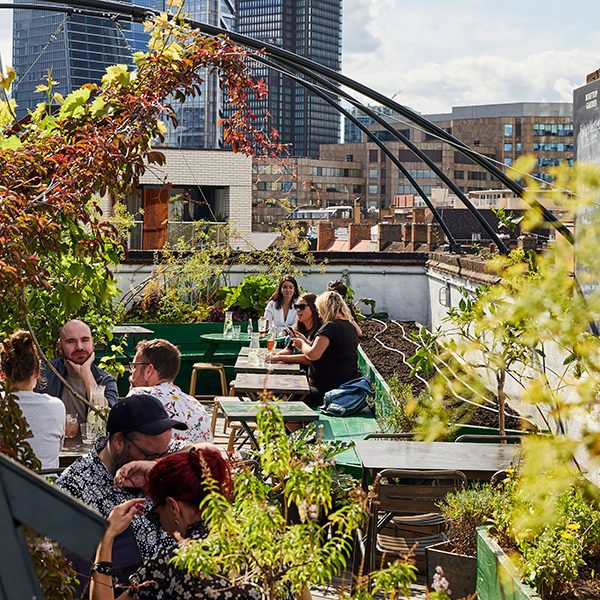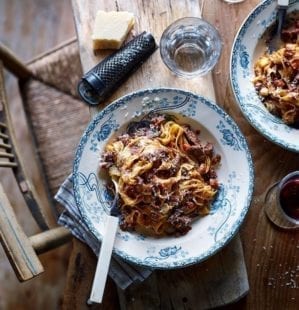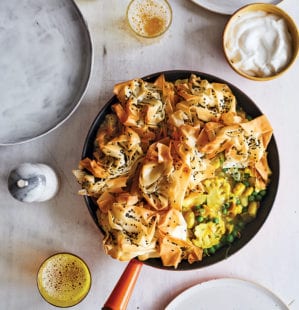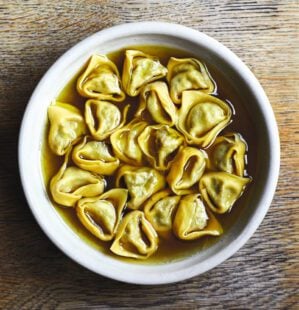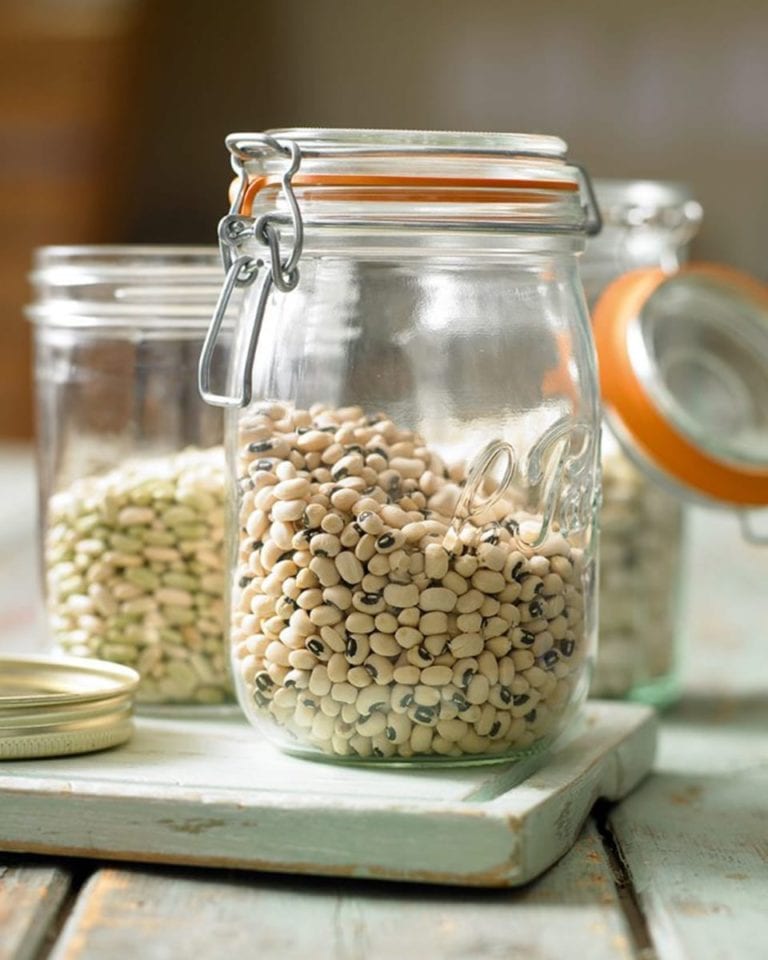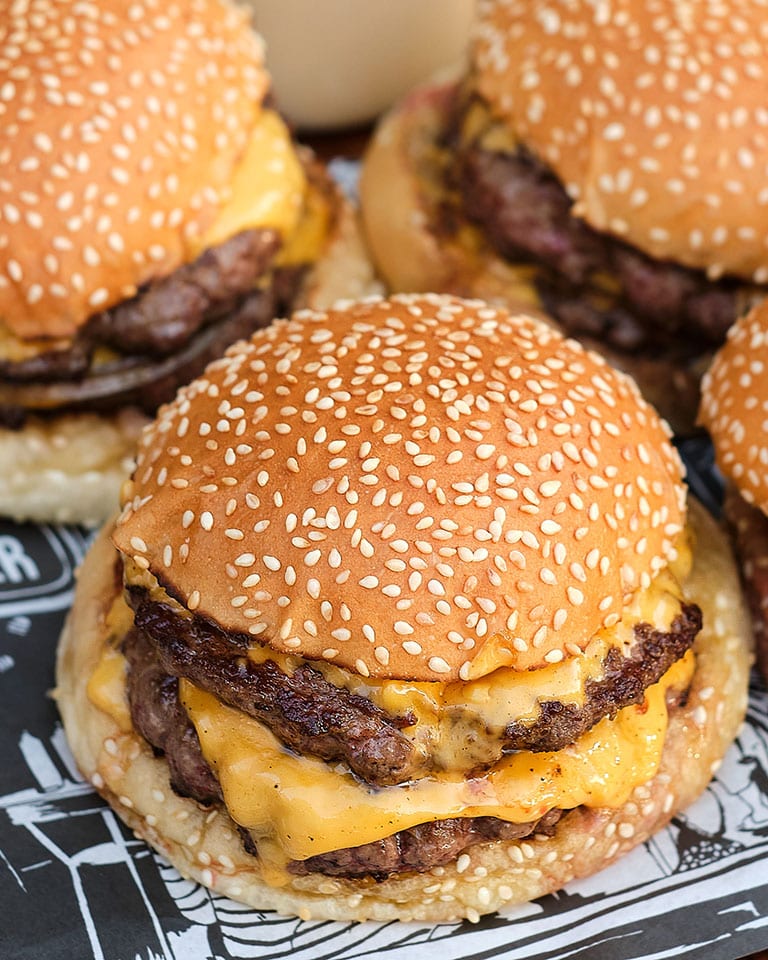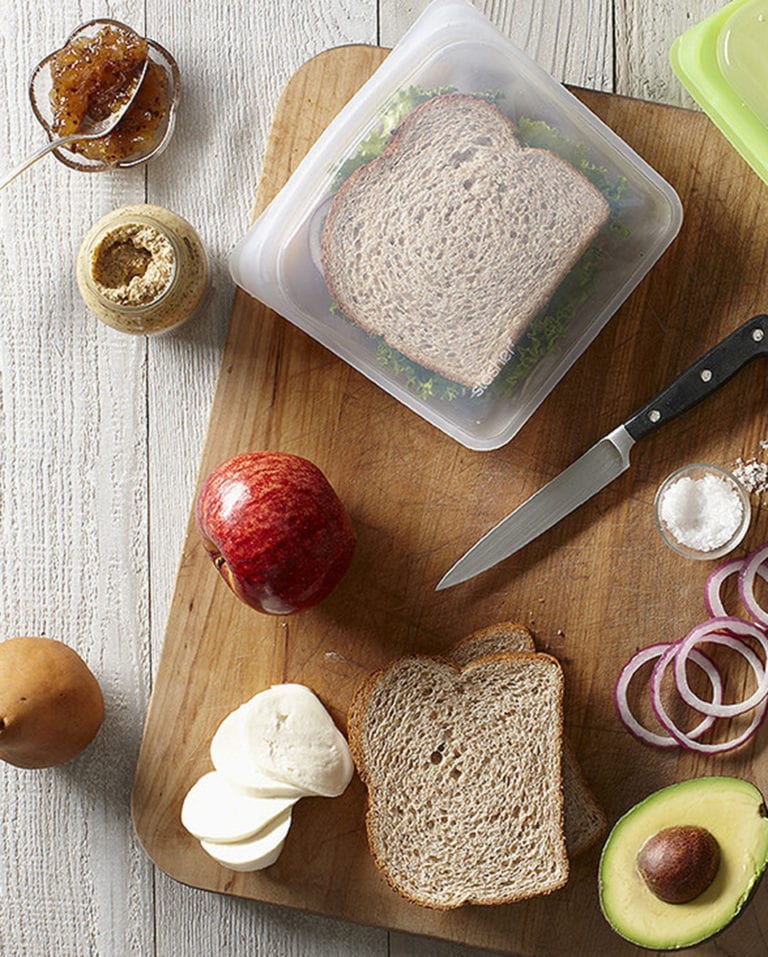The most sustainable restaurants in London
It’s been a buzzword for about 10 years, but nowadays the term ‘sustainable’ is in danger of becoming a cliché. With so many products, brands and restaurants trying to market themselves under the umbrella, it’s hard to separate out those with a legitimate claim on the word from the bandwagon-jumpers. A sustainable restaurant needs more than paper straws.
Here, we’ve done the hard work and put together our favourite sustainable restaurants in London, each ticking more than a few boxes when it comes to watching their carbon footprints. From a vegan restaurant inside Selfridges, to restaurants using nearly 100% British produce, these are establishments that you can go to certain in the knowledge that they are doing all they can to get things right.
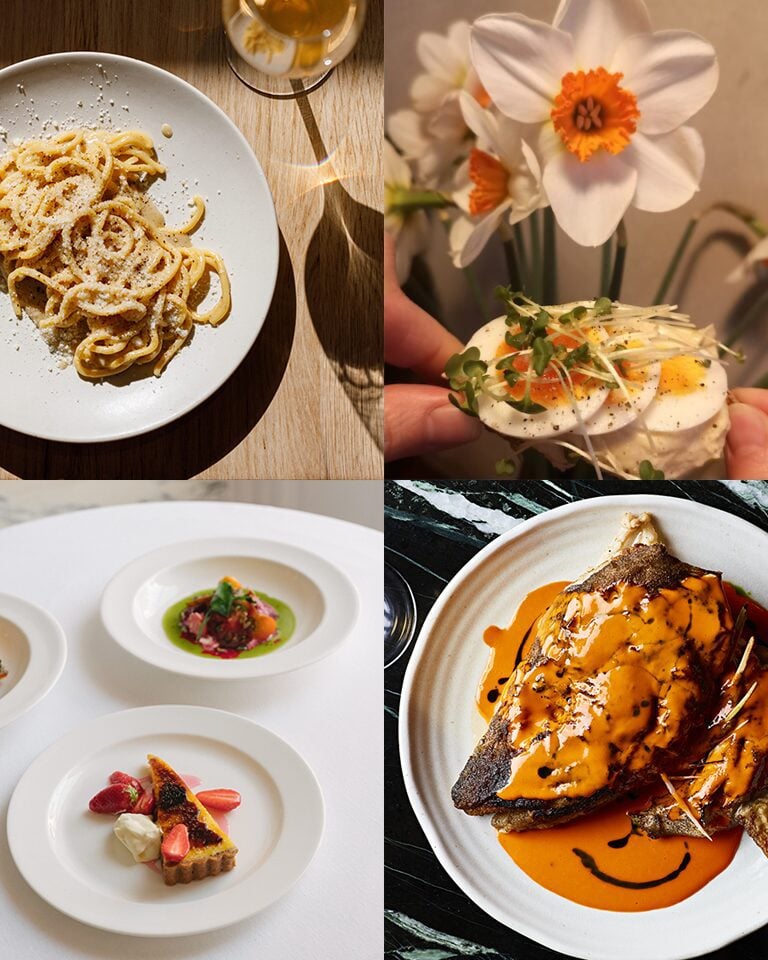
Chef Douglas McMaster is known globally for his zero-waste restaurant, originally located in Brighton but now at home in a lofty warehouse space in Hackney Wick. With no bins allowed in the open kitchen, the chefs here work at the pinnacle of creativity to ensure every ingredient is used to its full potential. Fermentation plays a big role, with the team making miso from scraps of bread, flavour-bomb garum seasonings with leftover seafood shells or meat bones, and treacle with vegetable scraps. A regular on the tasting menu is their quaver; a thin, cheesy crisp made with the dairy waste from churning their own butter that is fermented with koji, dehydrated then fried. These time-heavy processes form the core of Silo’s dishes, then built into exquisite, refined plates with beautiful seasonal, local vegetables and regeneratively farmed meat. The ethos extends across the restaurant with plates made from the restaurant’s recycled glass bottles and a projection of the daily menu cast onto the wall for all the guests to see. An abbreviated ‘short list’ menu is available from 6-7pm and on Saturday lunchtimes for those looking to try this innovative fine dining on a budget.
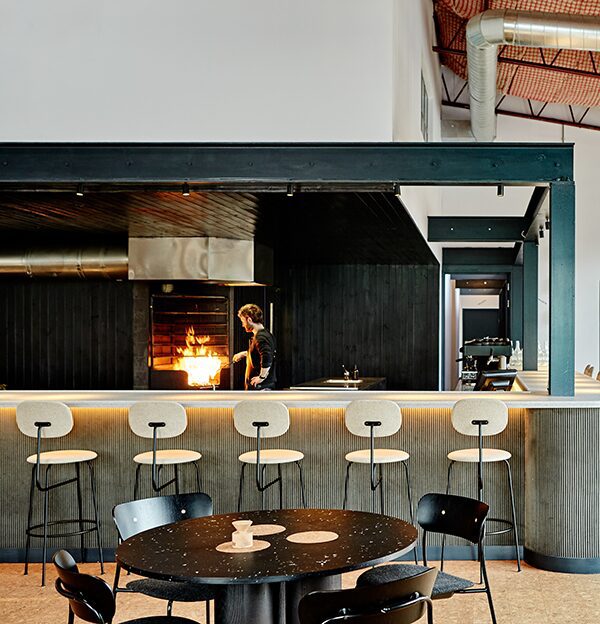
Apricity
Joyfully conscious is how we would describe Chantelle Nicholson’s serene restaurant in Mayfair. The team champion regenerative British produce by building relationships with small-scale farmers to keep their supply chain as short as possible, and ensure ingredients are fresh and full of flavour. Having been awarded a Michelin Green Star and three stars from the Sustainable Restaurant Association’s Food Made Good, Apricity’s commitment to sustainable dining goes into every detail. The space was designed to be circular, repurposing as much as possible from the existing building and introducing materials that can be reused. The team’s wellbeing is also a priority, with staff given two days off together to properly recuperate. The low-waste approach means incorporating skins, seeds, tops and tails of ingredients into the dishes; examples include a fennel seed cracker with a ‘wasted’ dip and a croquette using the aquafaba liquid from cooking chickpeas. Day boat fish and lesser used meats, like hogget, feature but the star of the show is always the vegetables. It’s the ideal place if you need a plant based option.
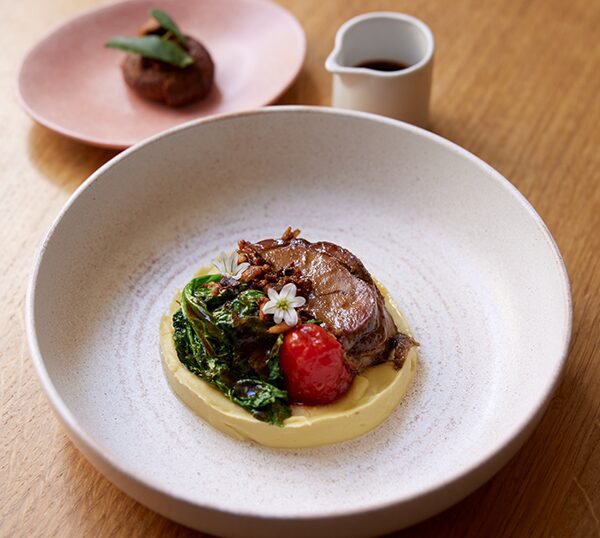
Elegantly poised in the iconic Somerset House, Spring has been at the forefront of sustainable dining since it opened in 2014. Headed up by Skye Gyngell, who made a name for herself winning a Michelin Star for Petersham Nurseries, seasonal, ingredient-led plates of food are the restaurant’s bread and butter. Launched in 2016, the ‘Scratch’ menu available between 5:30-6:15pm from Tuesdays to Saturdays uses produce that would otherwise be wasted. The menu revitalises ingredients leftover from the main menu, such as day-old bread, vegetable tops and tails and house-made pasta trimmings, in simple but expertly executed fashion. At only £30 for 3 courses, it’s one of the best value meals in London when you consider the ingredients are organic and of the highest quality. Spring was also the first restaurant in London to go plastic-free in 2019.
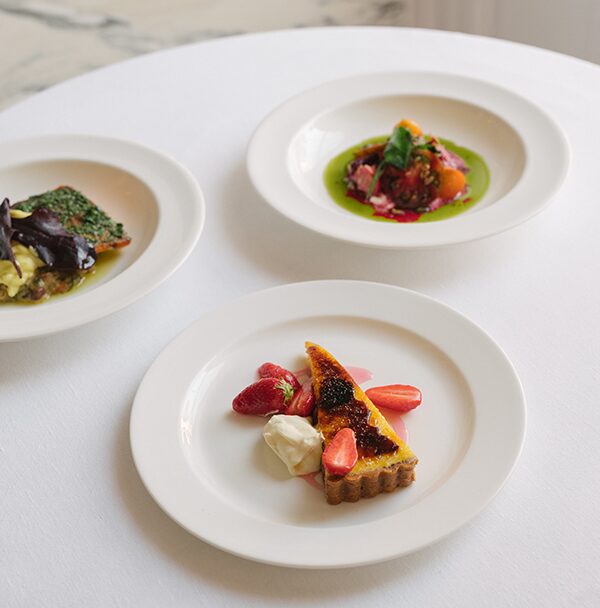
As an audaciously buzzing restaurant in the heart of Mayfair, it would be easy to overlook Fallow’s sustainable ethos. On first glance it firmly beats to the drum of busy, upmarket central London with a glamorous bar and energy pulsing from the open kitchen. But once you’ve sat down, ideally at the kitchen counter, the restaurant’s focus on carefully sourcing ingredients is very clear from the menu. The steaks and burgers use ex-dairy British beef, the lion’s mane mushrooms in the light-as-air parfait are grown upstairs and the charcuterie is made in-house. Catching everyone’s eye as it’s served across the large restaurant, the smoked cod’s head cooked over a flame and coated in homemade sriracha sauce is their must-have dish. The staff explain how to tackle this spectacle, working your way around the head to enjoy the meat that would usually go to waste, and when you’re done you’ll wonder why cod’s head isn’t commonplace. Here there’s no need to shout about your sustainability credentials. Whisper it: being ethical is cool.
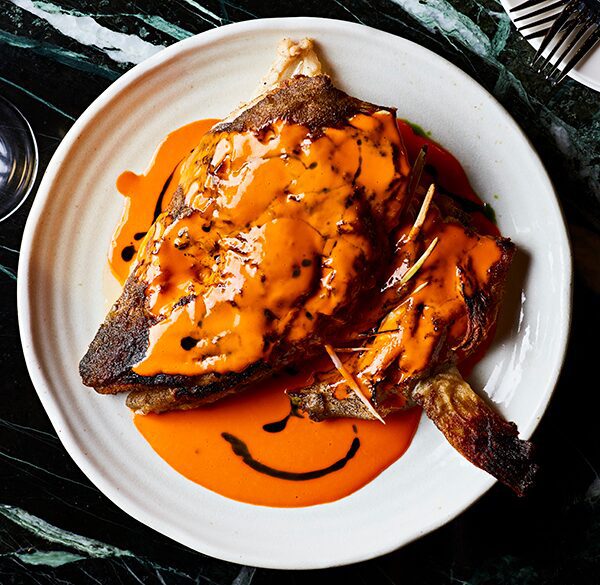
A clean, elevated take on nose-to-tail Italian cooking, Manteca offers something very special in its large Shoreditch restaurant, without a whiff of stuffiness. The honesty of the seasonally driven menu and commitment to whole-animal butchery is echoed in the multiple open kitchens showcasing the chefs at each stage of the cooking process. The sharing dishes are restrained, allowing the quality of the fresh ingredients and the craftsmanship of the chefs to shine. Everything is made on-site, from hand-rolled pasta and heritage grain focaccia to house-made charcuterie. The pasta dishes steal the show: wild garlic chitarra with parmesan and egg yolk and strozzapreti brown crab cacio e pepe. While the small plates focus on seasonal vegetables and reducing waste with pigs head rillette or pig skin ragù. As for drinks, the low-intervention wine list is bound to interest and delight.
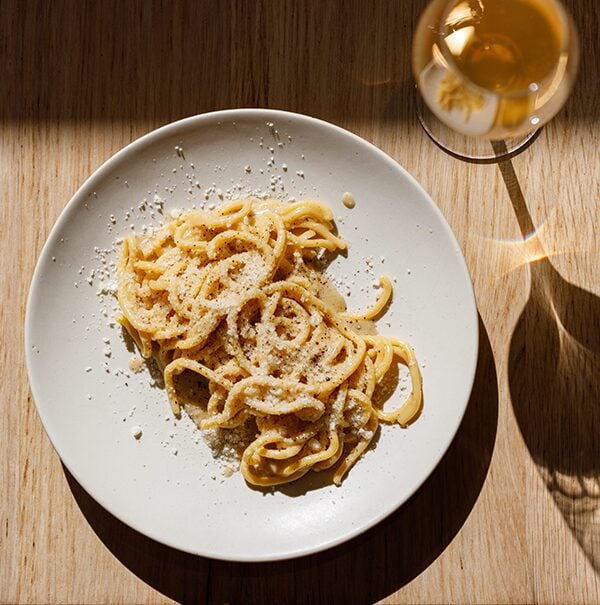
You might be intimidated when you hear that the dinner menu at St Barts is 15 courses, but you shouldn’t be! Working with some incredible producers and farmers, this exceptional new restaurant from the team behind NEST in Hackney and Fulham’s FENN is championing seasonal produce from across the UK. With cured meats coming from Yorkshire’s Otterburn Mangalitza pigs (cured and hung for four months to develop flavour), beef wagyu from Wales, and caviar from Exmoor (served atop the prettiest seafood cocktail you’ll ever try), St Barts is pulling out all the seasonality stops. No-waste is a major player here too, with both beef and mullet bone broths being served up in the opening menu. Hackney honey is celebrated in the form of an exquisite honey and lavender dessert that’s unlike anything you will have tried before. As for drinks: cocktails are made with the team’s own infusions (the martini is worth getting both for the samphire twist and the delightfully diddy martini glass it arrives in), and low intervention wines are perfectly matched with the food. Design wise, the interiors here are reminiscent more of a woodland spa than a Smithfield restaurant. You’ll leave feeling satiated but oh-so relaxed.
Treat your staff and the planet well: that’s the ethos underpinning Ravinder Bhogal’s Jikoni restaurant in London’s Marylebone. Walk inside and an abundance of bright cushions beckons you to sit, while tables dressed in block-print cloths promise flavourful food to come. Jikoni’s menu focuses on dishes influenced by family cooking; dishes that blend cultures and demonstrate the power food has to unite. But beyond the cosy vibe, Ravinder, husband Nadeem and their team have made an unswerving commitment to sustainability. In 2021, Jikoni became the first indie restaurant to declare itself carbon-neutral… But what does that mean? Ingredients are sourced from local sustainable businesses, waste is kept to a minimum, and as much as possible of the waste they do produce is recycled. Any that can’t be is used to generate green energy. It’s an impressive mission that marks Jikoni out as a pioneer in hospitality.
For lovers of seasonality, 40 Maltby Street is a dream restaurant. Chef Steve Williams’ menu changes weekly and his dishes are proof that the produce of this island ought to be celebrated. With influences from our European neighbours, expect dishes that are at once beautifully simple and inspired: pumpkin fritters with mushroom ketchup; smoked fish and egg canapés; salads of raw mushrooms or carrots; or stewed fruit and junket. What sounds straightforward on the menu is always magical on the plate. The restaurant consistently has that skill of creating dishes that are every bit as comforting as home cooking, but never something you could actually quite recreate yourself. When it comes to wine, an extensive and varied list comes from Gergovie Wines (the importing business of co-owner Raef Hodgson) which sources bottles from small-scale producers who avoid the use of chemical fertilisers and pesticides. Whatever you choose will be juicy, refreshing and alive.
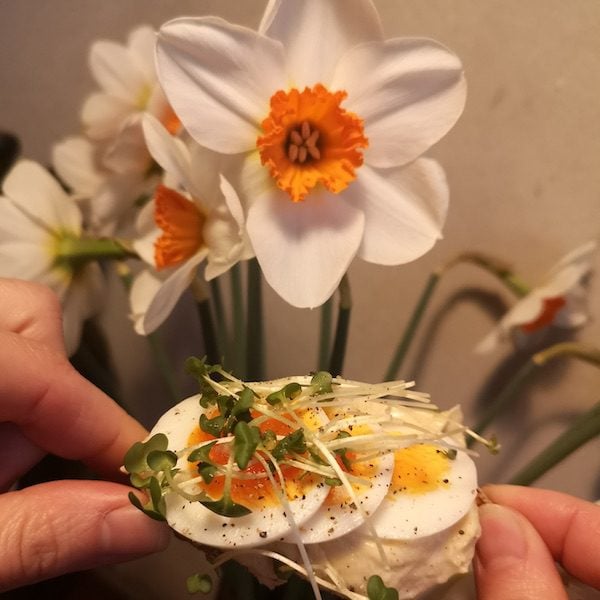
You don’t need to spend £50 on dinner to be sure you’re supporting sustainable practices though. Pizza Pilgrims is a chain of pizzerias taking bold steps to become more sustainable. Their Selfridges project is where they’re building the groundwork for this: from working with producers of (for example) hydroponic basil, regenerative wheat and (whisper it) natural wines to looking again at the materials from which the chain builds their restaurants. Fully vegan Pinatex, a leather alternative made from pineapples, replaces leather on furniture, and tables and chairs are made from recycled materials. The developments made at the Selfridges restaurant will then be rolled out to other branches once proven successful. And of course, those pizzas are damn fine too.
Vegan burger chain Neat Burger don’t just use ethically sourced plant-based patties, they’ve also got all the finer details right too. They work with the Eden Reforestation Project and plant a tree for every burger sold (320,000 trees so far); their takeaway boxes and cutlery are fully biodegradable, and their entire menu is climate labelled, meaning you can easily find out the carbon footprint of your chosen meal. We were impressed by the burgers and fries, which pack flavour, though sauces are on the sweet side.
The Culpeper pub in Shoreditch have gone regenerative for their rooftop menu, and have taken sustainable suppliers seriously. The meat comes from The Ethical Butcher, vegetables from The Good Earth Grower and Shrub, milk and cheese are from The Estate Dairy, and finer details like olive oil is specifically sourced from a special supplier in Eastern Crete. The drinks list focuses on Biodynamic winemakers, Sacred Spirits and Absolute’s carbon neutral drinks range. Highlights were a grilled Colchester Oyster with Chiu Chow sauce and gremolata herb crust and the mocktails also really impressed. The rooftop is home to an allotment plot, and if you visit the Culpeper, you’re very likely to enjoy something from the rooftop – in a garnish for your drink, or an element of a dish.
At the smart end of the scale, The Game Bird at the Stafford Hotel in Mayfair offers local, seasonal produce in an elegant setting. Venison is one of the most sustainable meats, and if you’re going to eat it, the venison wellington at the Game Bird is the way to do it! The restaurant’s Executive Chef Lisa Goodwin-Allen (also exec at the Northcote in Lancashire) oversees the menu, working collaboratively with the Stafford Hotel’s Executive Chef, Jozef Rogulski. The menu showcases British and Irish produce, supporting small producers, such as the Lancashire Three Beets (which comes with the theatrical frozen Lancashire bomber), or a dish called the Game Bird which shines the spotlight on pigeon. The restaurant group (a member of the Sustainable Restaurant Association) also asks kitchen suppliers to make plastic and cardboard-free deliveries, instead using collectable and reusable crates, and is working towards a zero-plastic F&B operation with a cling film-free kitchen.
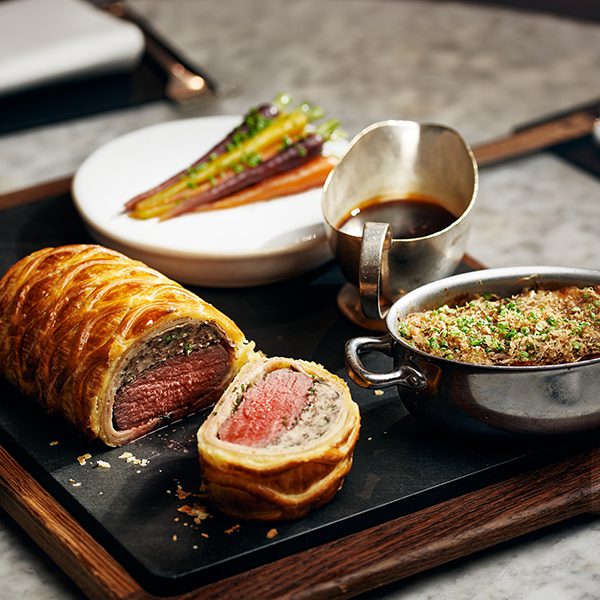
Explore all our sustainable recipes here.
Subscribe to our magazine
Food stories, skills and tested recipes, straight to your door... Enjoy 5 issues for just £5 with our special introductory offer.
Subscribe
Unleash your inner chef
Looking for inspiration? Receive the latest recipes with our newsletter
